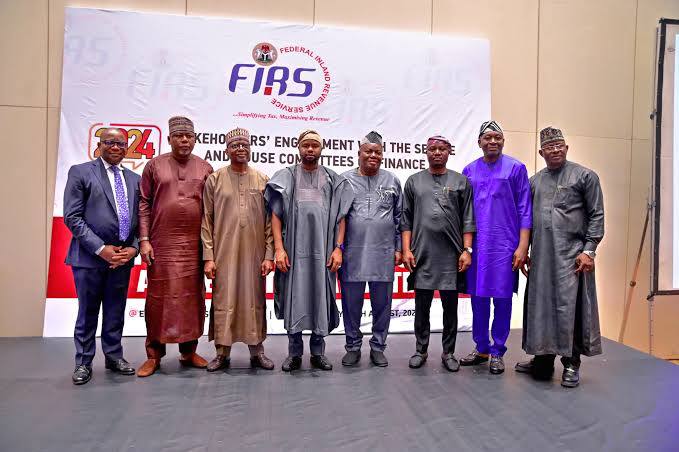
In a strategic move to secure a $750 million loan from the World Bank, the Federal Government of Nigeria is considering a significant tax overhaul that includes reintroducing previously suspended taxes on telecommunications and electronic money transactions. This initiative is part of the broader “Accelerating Resource Mobilisation Reforms” program aimed at strengthening the government’s financial framework and enhancing its capacity to manage domestic resources effectively.
The proposed measures involve excise duties on telecom services and a new levy on electronic money transfers, designed to increase revenue generation within critical sectors of the economy. This plan comes as Nigeria seeks to bolster its financial position amid ongoing economic challenges and aims to improve compliance in tax and customs operations.
President Bola Tinubu had previously suspended a 5% excise duty on telecommunications in July 2023, but the government may lift this suspension to meet the World Bank’s funding conditions. With the loan expected to play a crucial role in supporting governmental initiatives from 2024 to 2028, it underscores the need for comprehensive reforms to ensure transparency and accountability in oil and gas revenue management.
This initiative not only aims to secure vital funding but also seeks to engage industry stakeholders, including telecom operators and banking institutions, in the revenue collection process, emphasizing the importance of collaborative efforts in achieving fiscal stability.




